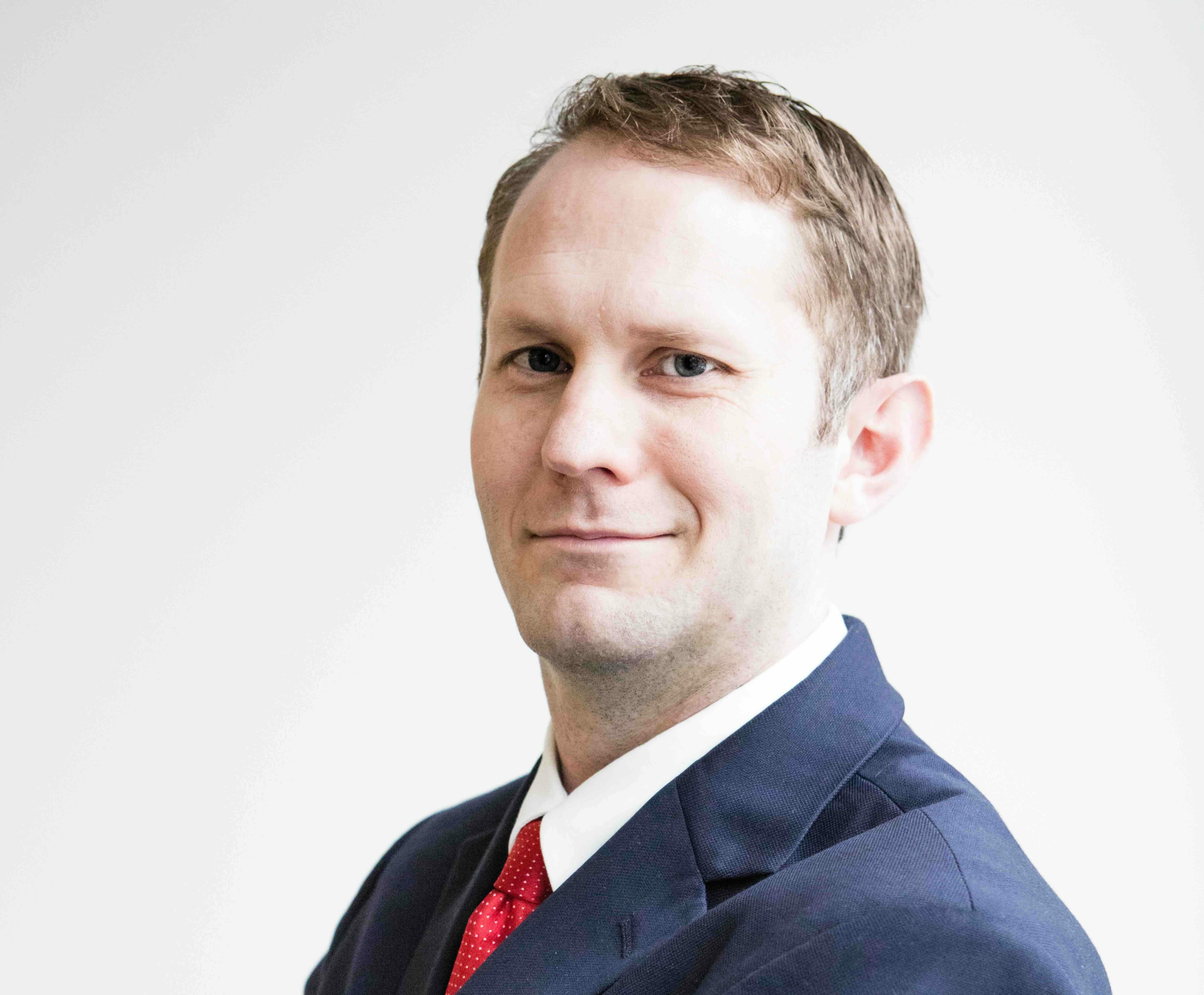There is an episode of the old “News Radio” sitcom episode where it is revealed the same billionaire who owns the station also owns the magazine that writes positive reviews about it. “Isn’t that a conflict of interest?” asks the news director.” “Well, yeah,” the billionaire replies. “These days, we’d call that synergy.”
It was a joke back then. But the incestuous world of for-profit activism/faux journalism/regulation nowadays is no laughing matter.
That is the case with David Halperin, founder of the website Campus Progress (CP), created in 2005 as the youth arm of the far-left Center for American Progress with the mission of “countering the growing influence of right-wing groups on campus.” But the George Soros-funded CP doesn’t just blur the lines between political advocacy and journalism; it erases them.
Halperin is an anti-free market ideologue who has been working with Clinton-era appointee Robert Shireman since the 1990s on “a quest that appears to benefit the leftist university elite while attempting to break down alternative forms of education.” CP has been accused of producing studies using false data and even falser news stories to advance specific, left-wing measures. Democrats allies then cite this “scholarship” as justification for regulation.
Specifically, the pair have tried to withhold eligibility for Pell Grants from career colleges and pressure the government to create different rules for them than for comparable community colleges – despite the fact that career colleges tend to have higher graduation rates than government-run community colleges.
Halperin’s crusade against for-profit technical schools comes at the worst possible time, when faith in traditional institutions of higher education is at its lowest point ever. Americans increasingly recognize that low-value, high-cost degrees are not the gateway to prosperity they are sold as. In February, The New Yorker gave a prognosis with the unmistakable headline, “The End of the English Major.”
“At the same time, the country is experiencing a catastrophic shortage of skilled workers – like welders, truckers, plumbers, and the like – who frequently learn their trade from for-profit colleges. Perhaps this is the reason that even many Democrats are rejecting efforts by Halperin and the like to crush for-profit schools with regulation.”
In a recent letter, 16 House Democrats sent a letter to congressional leaders asking that those students attending proprietary institutions maintain eligibility for their Pell Grants. The move earned praise from the Career Education Colleges and Universities (CECU).
Praising the move, CECU President and CEO Dr. Jason Altmire said, “We agree that all students, regardless of the type of institution they attend, should have equal access to financial aid programs that can help them achieve their career goals.”
Restricting student access to trade school could hurt the economy, veterans, and others; some say what many are saying, that we need more of this type of educational program, not less, given the current economic malaise.
“Society and the global economy have changed enormously over the past 40 years, but traditional higher education has not,” said Gerard Scimeca, chairman and co-founder of Consumer Action for a Strong Economy (CASE). “They fear these schools for the competition and innovation they bring to the marketplace, and they fear people may realize they are happier gaining valuable training in a high-paying job than spending $100,000 to get a degree in Mesopotamian Drama only to wait tables.”
However, for-profit schools’ enrollment has declinede for years, both in terms of market share and total enrollment.
“The harsh regulatory environment has not helped,” said Richard Vedder, distinguished professor of economics emeritus at Ohio University and author of “Restoring the Promise: Higher Education in America.” “The classes offered by for-profit schools usually aren’t even in competition with degree programs offered by traditional colleges, like short-term coding academies and truck-driving courses.”
Republican attitudes toward for-profit, technical schools have usually been positive while Democrats have usually been hostile, he continued. “Obama was as negative as you’d likely find it.”
“Gender studies sounds great to academicians, but what skills do they learn that makes them more employable?” Vedder added.
The liberal education establishment has essentially declared war on institutions that don’t follow its dictates or, one-size-fits-all, on-campus college routine, Scimeca said, with a clear ideological bias against organizations like CECU.
“If you are not part of the traditional, Ivy League, elitist, ivory tower, education establishment, or part of the establishment that bows down to them, then you are an enemy to be dispatched, typically through punishing regulations and restrictions that do not apply to traditional public or private schools,” Scimeca said. “You frequently see liberals moving through the revolving door as bureaucrats for the Department of Education (DOE) into lucrative education or lobbying positions. They want to feather their nes; what is best for students overall seems to be immaterial.”
Halperin certainly kept that door revolving. In a 2019 court document, for example, Halperin acknowledged meeting with DOE officials more than 70 times as part of his advocacy work on higher education issues. Halperin’s group, the Center for American Progres,s was also lobbying on higher education policy at the time, while Shireman was working as a Deputy Undersecretary for the DOE. It is unclear how closely Halperin and Shireman are currently working with the Department of Education today, but many insiders from their Obama DOE are now back with the agency.
In fact, James Kvaal is currently serving as Under Secretary of Education. When there were allegations of insider trading during the development of Obama policies impacting the value of for-profit schools, Halperin was on the list of people Kvaal was to call with a heads up.
In 2002, Halperin wrote a legal review titled “Ethics Breakthrough or Ethics Breakdown?” which scolded lawyers who collude with partisan groups to push sham investigations. He called such blatant political behavior “a disturbing indication that many lawyers have lost sight of fundamental principles of justice and governance.”
But apparently, these days, Halperin calls that synergy.


